Shaazka Beyerle
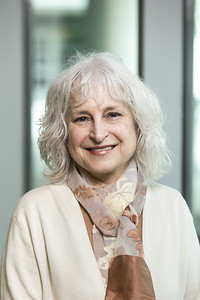
Shaazka Beyerle is a Senior Fellow with the Terrorism, Transnational Crime, and Corruption Center, George Mason University. She’s a researcher, writer, and educator in nonviolent action, focusing on anti-corruption, accountability, peacebuilding, gender, and human rights. She was previously a Senior Research Scholar and Jennings Randolph Senior Fellow with the Program on Nonviolent Action at the U.S. Institute of Peace. From December 2015 to June 2017, she was the lead researcher for a World Bank-Nordic Trust Fund project and co-author of its publication, Citizens as Drivers of Change: How Citizens Practice Human Rights to Engage with the State and Promote Transparency and Accountability. She’s the author of Supporting Nonviolent Action and Movements: A Guide for International Actors (U.S. Institute of Peace, 2023); Curtailing Corruption: People Power for Accountability and Justice (Lynne Rienner, 2014); and coauthor of numerous articles, reports and book chapters, including on enabling civil society and social movements in Untapped Power: Leveraging Diversity and Inclusion for Conflict and Development (Oxford University Press, 2022). Ms. Beyerle has taught at Georgetown University, George Mason University, University for Peace (Costa Rica), and the Transparency International Summer School on Integrity. She speaks frequently at conferences, workshops, universities and webinars, including: Columbia Law School Center for Public Integrity; Council of Europe World Forum for Democracy; Fletcher School for Law and Diplomacy, Tufts University; Geneva Peace Week; George Washington University Law School; Global Partnership for Social Accountability Global Partners Forum; Harvard University; International Anti-Corruption Conferences (IACC); International Studies Association; ParlAmericas Open Parliament Network; Seoul Democracy Forum; Stockholm Forum on Peace and Development; UNCAC Third Conference of States Parties; and the University of Sydney. Ms. Beyerle twice served as an elected Coordinating Committee member of UNCAC Civil Society Coalition and is a member of Transparency International’s ASK (Anti-Corruption Solutions and Knowledge Programme) Expert Network.
https://traccc.gmu.edu/about-traccc/personnel/fellows/shaazka-beyerle/
Public policy, AI4GOV, Data4Development Expert, Envoy with the Open Government Partnership, Member of the Access Info Group at the Council of Europe and Co-founder of the Moldova4EU Diaspora Task Force.
With over 20 years of experience, Veronica has been a driving force in open government, data governance, internet governance, civil society development, gender equality. Her work has had impact across various regions and continents, including the EU, Eastern Partnership (Moldova, Ukraine, Azerbaijan, Georgia, Armenia), Central Asia (Kyrgyzstan, Tajikistan), South Asia (Nepal), Western Balkans (Kosovo, Bosnia and Herzegovina, Montenegro), Africa (Liberia and Zimbabwe), Mexico.
Veronica brings expertise in designing and implementing capacity-building programs for various target audiences, including public, private, and not-for-profit sectors. Currently, Veronica serves on the Committee on AI and the Access Info Group at the Council of Europe. Her academic background includes an MA in Artificial Intelligence for Government, MA in Diploma in Contemporary Diplomacy and a Postgraduate Diploma in Diplomacy and IT. Veronica is originally from Moldova and is based in Vienna, Austria.
Note: No institutional page.
Veronica Cretu
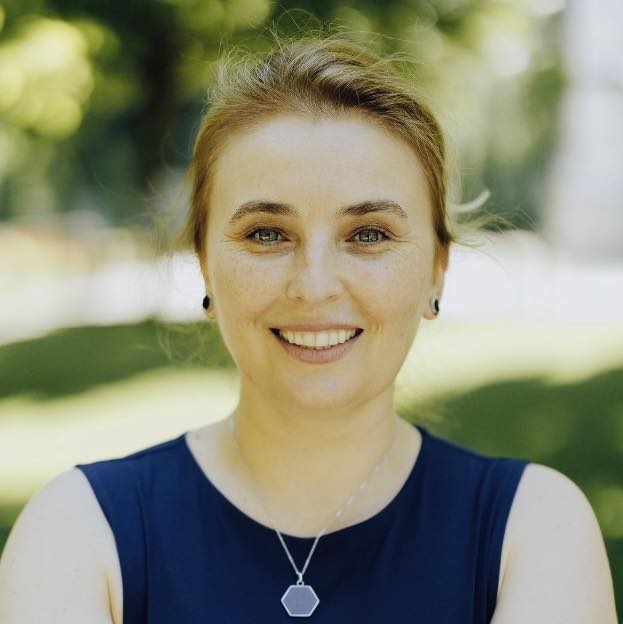
Elizabeth David-Barrett
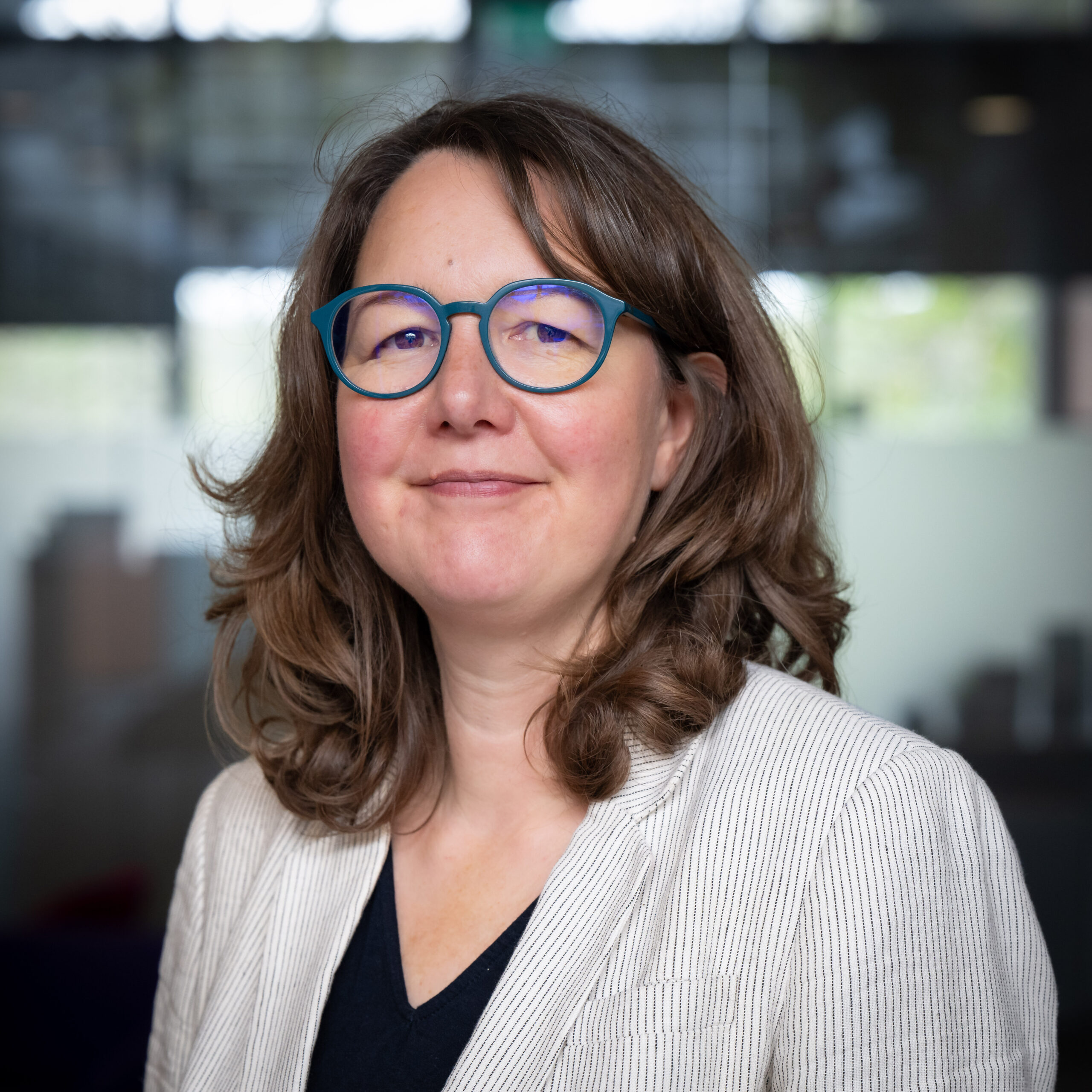
Liz David-Barrett is Professor of Governance and Integrity at the University of Sussex and Director of the Centre for the Study of Corruption. Her research focuses on corruption risks at the interface of business and government, including in state capture, public procurement, and bribery in international business – and on approaches to countering these risks, including transnational governance networks in law enforcement and investigative journalism. Recent co-edited books include the Dictionary of Corruption (2023, Agenda, with Robert Barrington, Rebecca Dobson Phillips and Georgia Garrod) and Understanding Corruption: How Corruption Works in Practice (2022, Agenda, with Robert Barrington, Sam Power and Dan Hough). Liz engages widely with anti-corruption practitioners globally, especially in sub-Saharan Africa, the Caribbean and Europe, and has advised the UK government and the G20 on their international anti-corruption work. Before becoming an academic, Liz worked as a journalist in the Balkans for The Economist and Financial Times. In 2022-23, she was Head of the Global Programme on Measuring Corruption at the International Anti-Corruption Academy. She has a DPhil, MSc and MA from the University of Oxford and an MA from the University of London.
Link: https://profiles.sussex.ac.uk/p351624-elizabeth-david-barrett
Professor Paul Heywood holds the Sir Francis Hill Chair of European Politics at the University of Nottingham, UK and is a Visiting Professor at the University of Sussex and at Hunan University in China. His research focuses on political corruption, institutional design and state capacity; he is author, co-author or editor of nineteen books and over eighty journal articles and book chapters. Professor Heywood currently leads the FCDO-funded Governance & Integrity Anti-Corruption Evidence (GI-ACE) research programme, based at the Centre for the Study of Corruption (CSC) at the University of Sussex. GI-ACE is designed to identify new initiatives that can help developing countries tackle the scourge of corruption and the negative impact it has on millions of people’s lives. He served as the European Commission UK expert on corruption (2012-16) and has also advised the UK Joint Anti-Corruption Unit (JACU). He is co-founder of CurbingCorruption.com, a resource that supports sector-based practical anti-corruption interventions and he serves on the Advisory Board of the ICRN. Professor Heywood was a Trustee of Transparency International-UK from 2015 until 2024, and is a member of the TI International Council. He is an elected Fellow of the Royal Society of Arts, Fellow of the Academy of Social Sciences, and Fellow of Leadership Foundation for Higher Education.
Paul M Heywood
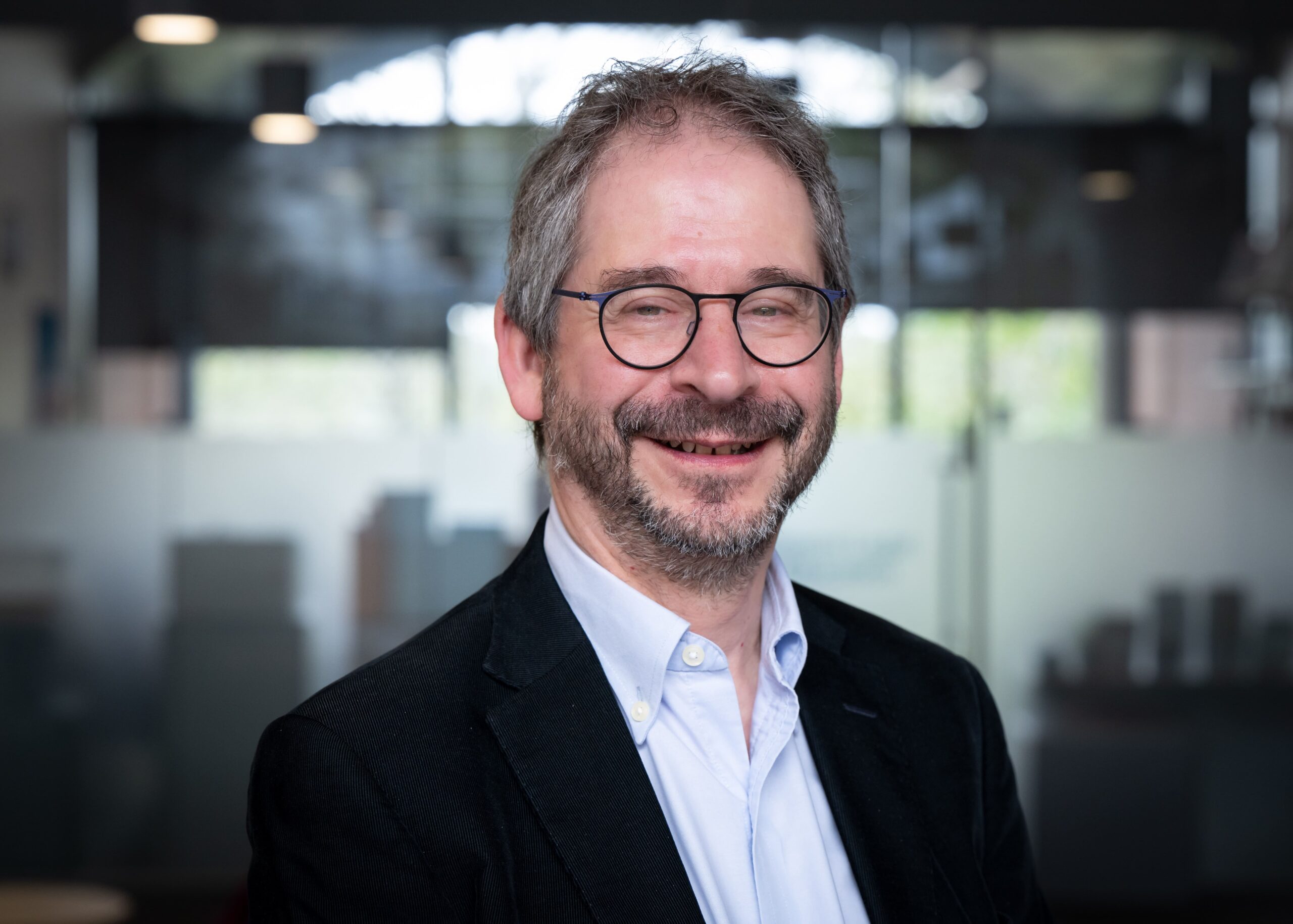
Philip Keefer
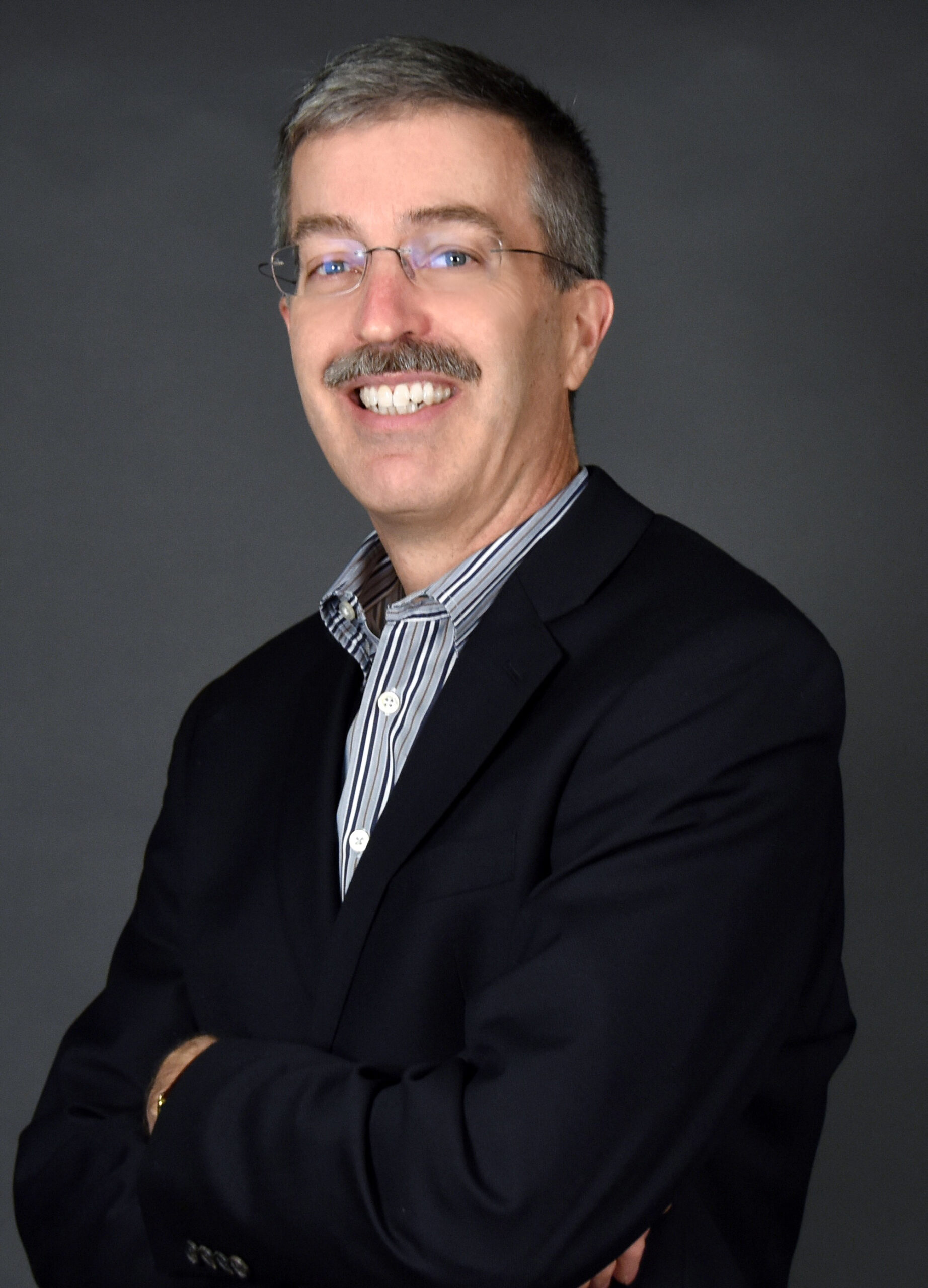
Philip Keefer is Principal Advisor of the Institutions for Development Department of the Inter-American Development Bank. He was formerly a Lead Research Economist in the Development Research Group of the World Bank. The focus of his work, based on experience in countries ranging from Bangladesh, Benin, Brazil, and the Dominican Republic to Indonesia, México, Perú and Pakistan, is the determinants of political incentives to pursue economic development and of public officials to work in the public interest. His research, on issues such as the impact of insecure property rights on growth; the effects of political credibility on policy; the sources of political credibility in democracies and autocracies; the influence of political parties on conflict, political budget cycles, and public sector reform; and the effects of compensation on the effort and intrinsic motivation of public officials, has appeared in journals ranging from the Quarterly Journal of Economics to the American Political Science Review.
Note: Philip has no institutional webpage to be included on the website. He said “I actually don’t have an institutional webpage (multilaterals don’t tend to allow that).
OECD Directorate for Public Governance, Anti-Corruption and Integrity in Government Division
Carissa is an anti-corruption and integrity expert, leading the OECD’s work on the public integrity indicators.
Prior to joining the OECD in 2016, Carissa worked with Public Services and Procurement Canada in the Departmental Oversight Branch, on topics of fairness, integrity and transparency.
A Canadian national, Carissa holds a master’s degree in Russian, Central and East European Studies from the University of Glasgow, U.K., and a master’s degree in Political Science from Corvinus University, Hungary. Her undergraduate degrees are from Ottawa’s Carleton University.https://www.oecd.org/en/topics/anti-corruption-and-integrity.html
Carissa Munro

Muriel Poisson
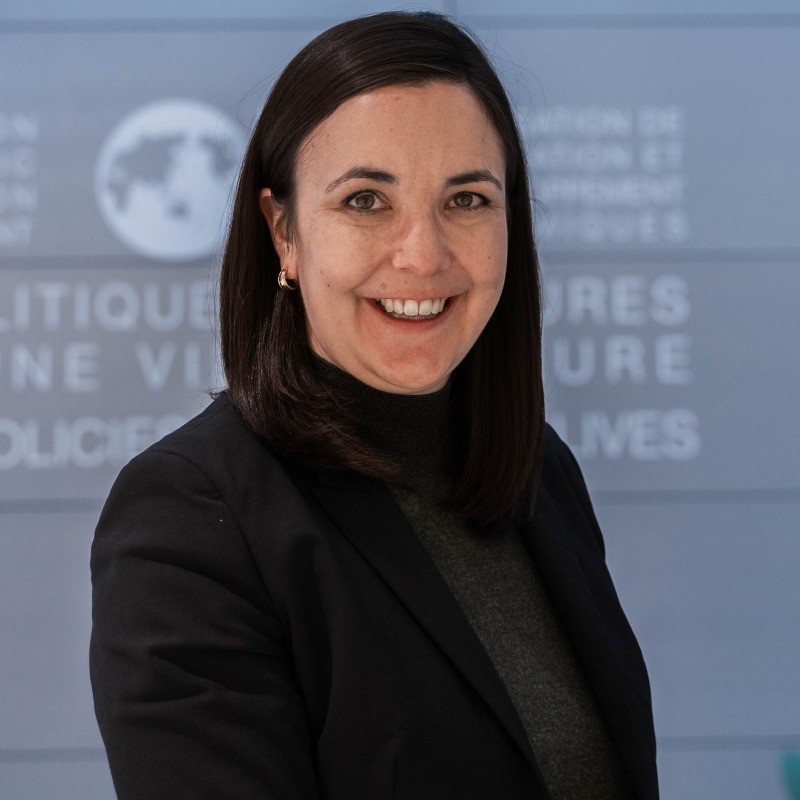
Muriel Poisson is the acting Team Leader for UNESCO International Institute for Educational Planning (IIEP)’s team on Knowledge Knowledge Generation and Mobilization (KGeM). In this capacity, she coordinates and develops the foresight, research, communication, publication, and library functions of the Institute. She is also managing IIEP’s new research project ‘Using digital tools to promote transparency and accountability,’ as well as capacity-building activities targeting Civil Society Organisations.
In addition, she is the task manager of the Institute’s capacity-building programme on Ethics and Corruption in Education. She coordinated several international research projects on related issues, including open school data, open government in education, and teacher codes of conduct. She trained more than 3,000 people in the area and provided technical assistance to national teams in charge of developing an integrity risk assessment, a public expenditure tracking survey, or a teacher code of conduct. She is also managing ETICO, a dynamic clearinghouse on transparency and accountability issues in education.
Muriel has authored a number of articles and books, including: ‘Corrupt Schools, Corrupt Universities: What Can Be Done?’
IIEP Unesco – Etico | Platform on ethics and corruption in education
